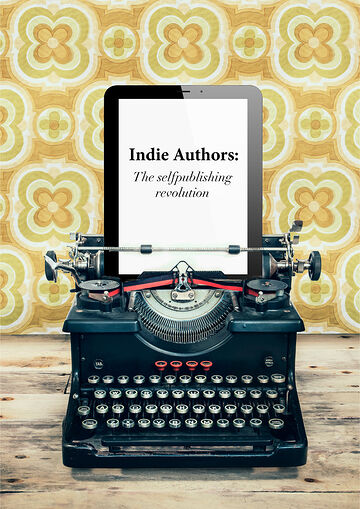- Libro
Digital

Indie Authors
- Año de edición 2014
USD $ 3,99
-
FormatoEbook
-
EstadoNuevo
-
Isbn9788494229565
-
Peso733 KB
-
Número de páginas100
-
Año de edición2014
-
IdiomaInglés
-
FormatoEPUB
-
ProtecciónDRM
-
ReferenciaBKW84266
